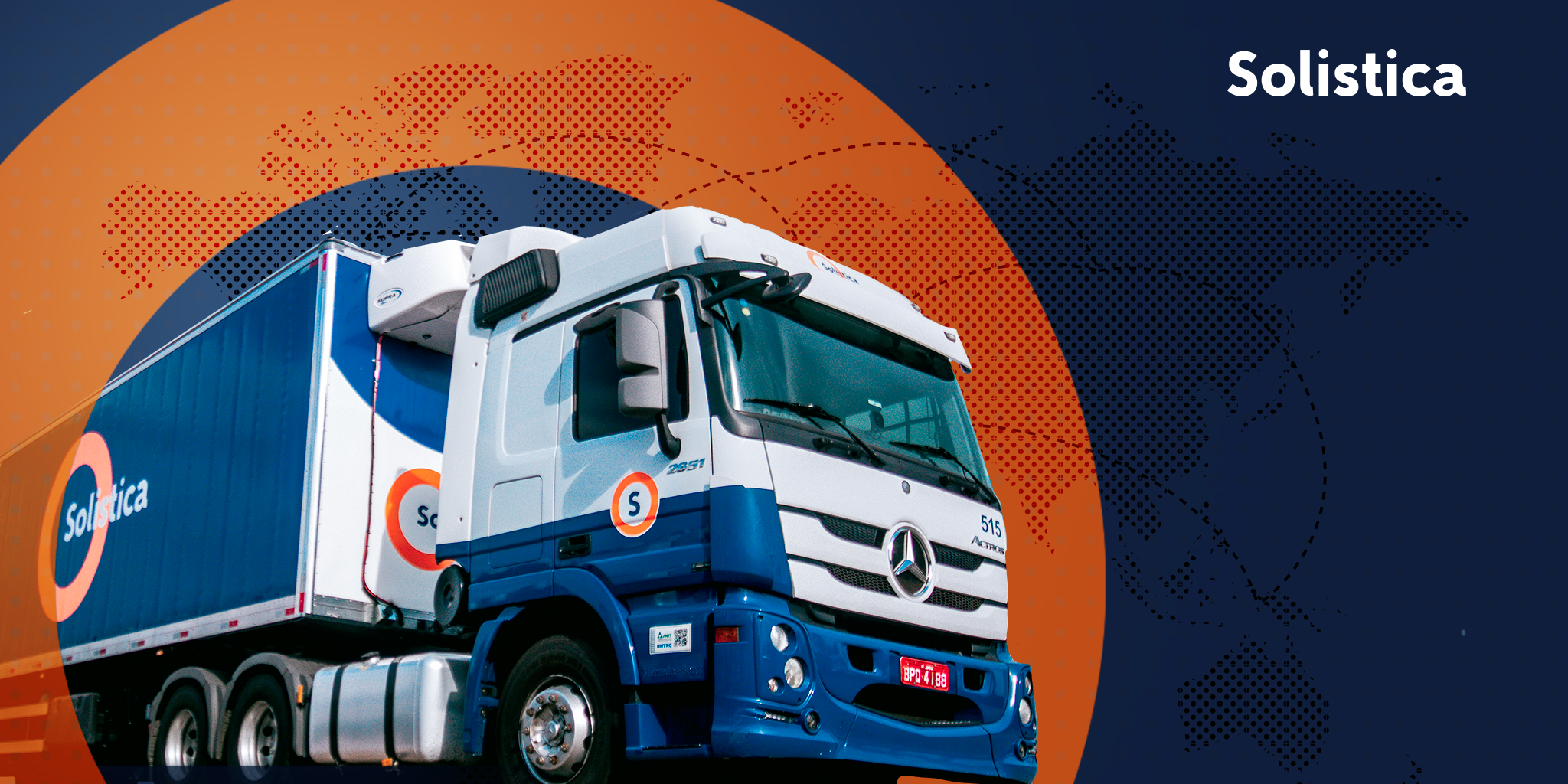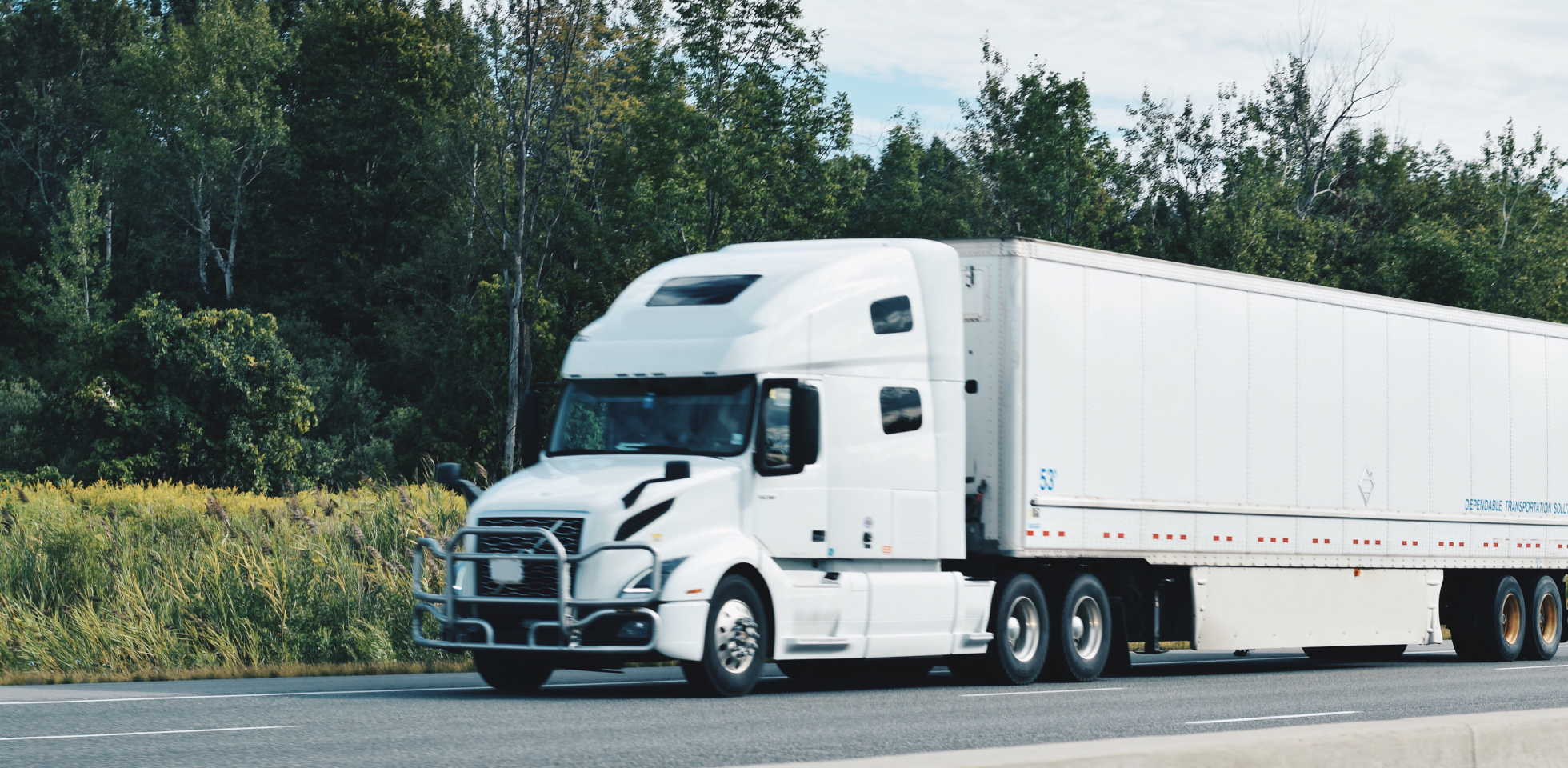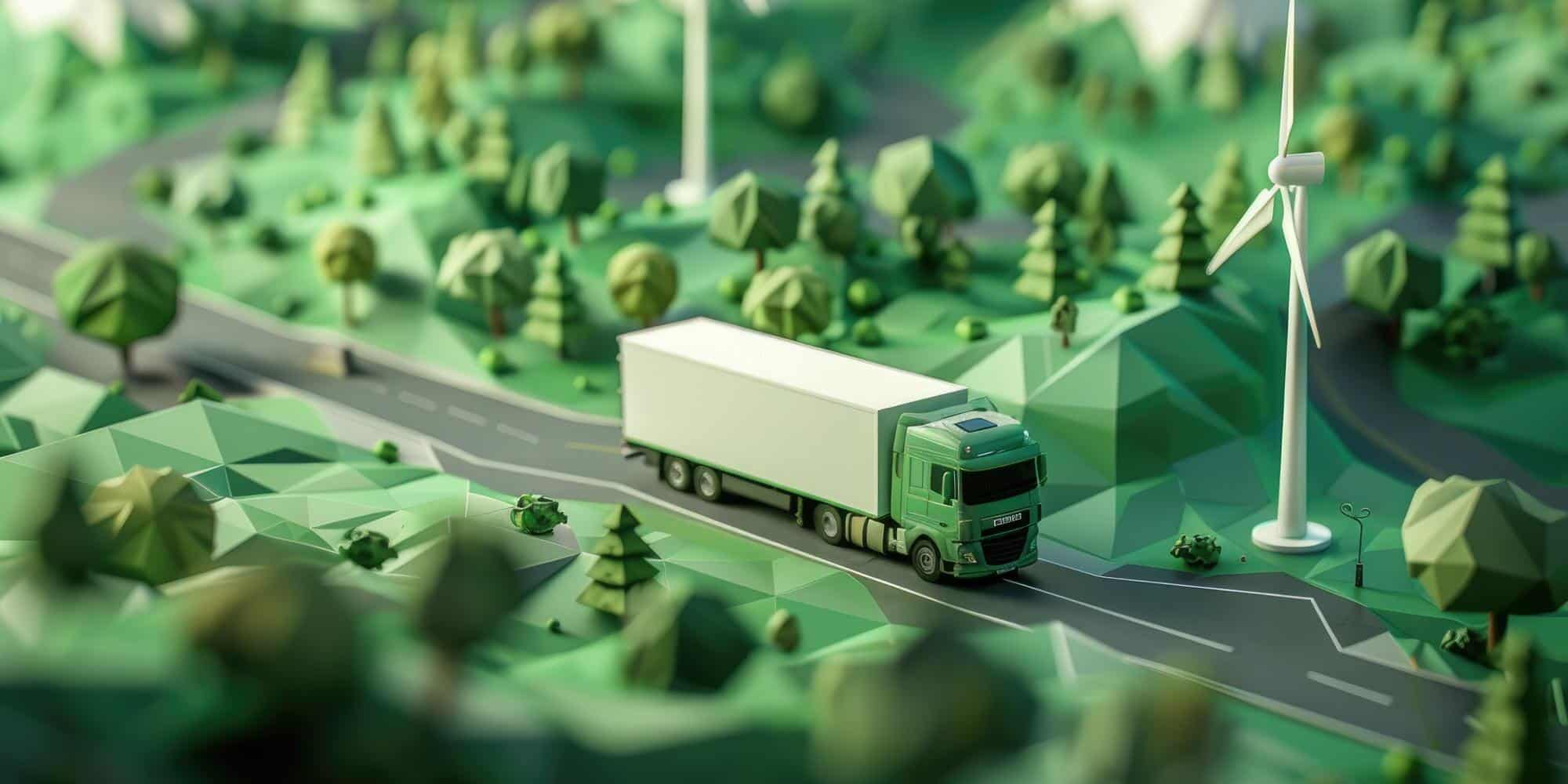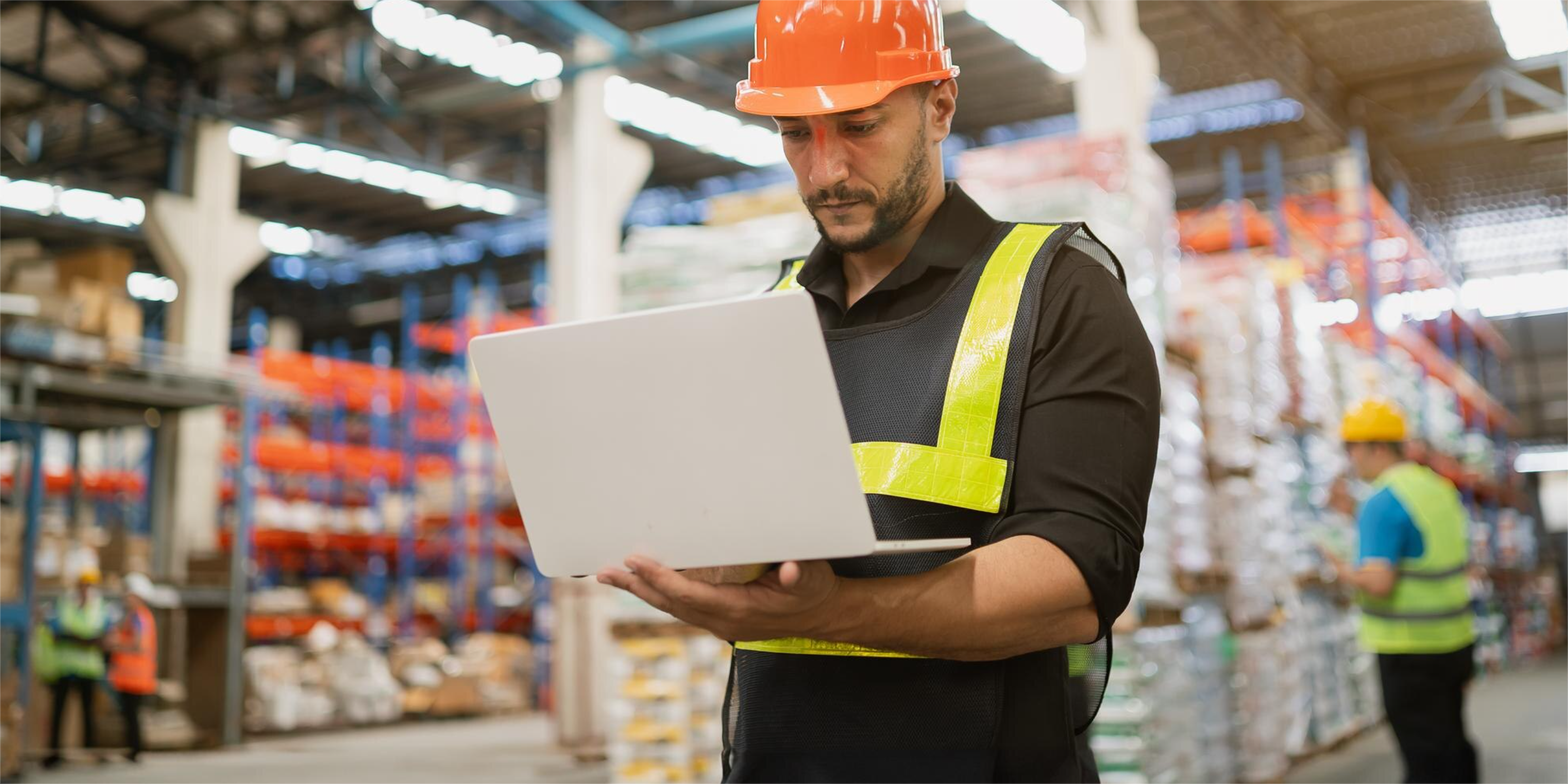In a constantly evolving world, the logistics transportation sector faces ever-increasing challenges to meet the demands of end customers. With the advent of online shopping and the growth of e-commerce, consumers expect to receive their orders quickly and efficiently. This has generated the need to implement new technologies and strategies in transportation to adapt to changing market expectations. In this article, we will explore the most relevant trends and advances in the logistics sector, as well as the strategies that transportation companies can adopt to drive innovation and provide exceptional service to their customers.
Driving innovation in transportation
Innovation in transportation has become a key factor for the success of logistics companies. To effectively adopt and implement new technologies, a solid strategy based on the following guidelines is required:
- Assessment of the current situation: It is essential to evaluate the efficiency and productivity of the company in comparison with its competitors. Identifying areas where improvements can be made by incorporating technological innovations will establish a solid foundation for change.
- Establishment of clear objectives: Defining specific, realistic, and measurable goals is essential to align the efforts of all members of the organization. This will ensure that everyone works together towards a common goal.
- Adoption of appropriate technology: It is important to select technology that fits the needs and operations of the company. The adoption of technological solutions should be geared towards meeting market demands and improving customer experience.
- Training and motivation of personnel: Successful change requires commitment and participation from all team members. Training and motivating personnel to become drivers of change and not resist new technologies is essential.
- Organizational culture focused on innovation: Fostering a culture that promotes creativity, recognition, and good practices within the organization is essential to drive innovation. Leadership plays a crucial role in fostering this culture.
- Collaboration and teamwork: Collaboration with other companies in the sector can be beneficial in optimizing talent and resource use. Working as a team allows for sharing knowledge and experiences, seeking joint solutions to improve customer service.
- Measurement and continuous improvement: Establishing metrics to evaluate results and designing a continuous improvement plan is essential. This allows for identifying areas of opportunity and adjusting strategies to provide even better service to customers.
Key trends in logistics transportation
To meet growing customer demands and remain competitive, transportation companies must be aware of emerging trends in the industry. Below are some key trends that are shaping the future of logistics transportation:
- Strategic relationship with manufacturers and retailers: Establishing close collaboration with manufacturers and retailers is essential to ensure a satisfactory customer experience. Cooperation in supply chain planning and timely product delivery strengthens relationships and generates added value.
- Additional services in the supply chain: To add value to the supply chain, transportation providers and third-party services (3PL) are expanding their activities beyond transportation and distribution. The incorporation of complementary services such as maquila, labeling, packaging, order assembly, and reverse logistics allows for meeting specific customer needs and improving process efficiency.
- Regional and small warehouses: To meet demand for fast deliveries, transportation companies are considering building small regional warehouses in strategic locations near end customers. This strategy, inspired by the “just-in-time” concept, allows for more agile and efficient distribution, ensuring fast and timely delivery
- Preparation for seasonal demand: The retail and production sector promotes online consumption through special offers and promotions, affecting demand and product supply. Transportation companies must be prepared with adequate infrastructure and equipment to meet demand throughout the year, both in the distribution of consumer orders and in the supply of supplies to manufacturers.
- Diversification of delivery options: Customers who shop online not only want fast deliveries, but also delivery options to multiple destinations. This poses additional logistical challenges for transportation companies, which must adapt and find efficient solutions to meet these demands.
- Keeping physical stores relevant: Despite the growth of e-commerce, physical stores still play an important role for consumers. Many customers prefer to inspect products in person before making a purchase. In addition, physical stores often act as delivery and collection points for online orders. Transportation companies must adapt to this reality and design delivery and distribution strategies that take into account both physical stores and online sales.
- Total visibility of shipments: Customers value transparency and want up-to-date information on the status of their shipments. Technologies such as the Internet of Things (IoT) and blockchain allow for total visibility of shipments, providing real-time information on the location and conditions of products in transit.
Technological advances in logistics transportation
Technological development is driving significant changes in logistics transportation. Some innovations that once seemed to belong to science fiction are now on the verge of becoming reality. Below are some specialized technologies that are revolutionizing transportation:
Cargo drones
Cargo drones have gone from being mere science fiction fantasies to becoming a near reality. Large companies such as Amazon have already conducted tests with these devices, and according to the World Bank, their use in last-mile service could be more economical than traditional motorcycles. Cargo drones offer the advantage of fast and efficient delivery of small packages to specific destinations, avoiding traffic and access problems. This technology has the potential to completely transform the way deliveries are made and streamline the logistics process.
Autonomous taxis are another innovation that is gaining ground in the field of transportation. These unmanned vehicles, capable of transporting two passengers, are being tested in cities such as Dubai. By eliminating the need for a human driver, autonomous taxis offer the possibility of efficient and safe transportation, optimizing resource use and reducing operating costs.
Maglev trains (magnetic levitation) are a revolutionary technology that is being implemented in countries such as Germany, China, Japan, and South Korea. These trains use electrically charged magnets to levitate and reach average speeds of up to 600 kilometers per hour. This technology promises high-speed transportation, significantly reducing travel times and improving efficiency in the logistics chain.
The hyperloop is another technological advance that promises to transform transportation. It consists of trains that travel at high speeds inside pressurized tubes, using magnetic levitation and electric propulsion. Although still in development, it is expected that the first passenger services will be available in the near future. The hyperloop has the potential to revolutionize logistics by offering fast, efficient, and sustainable transportation.
Elevated buses are an innovative proposal to alleviate vehicular congestion on urban roads. These vehicles travel on rails and are elevated above regular traffic, allowing for more fluid and efficient circulation. Although still in the design stage in China, it is expected that in the near future they may become a viable solution to improve mobility in cities and optimize transportation logistics.
Autonomous cargo trucks are also gaining attention in the logistics sector. Although their full adoption may take some time due to concerns about safety on roads, these driverless vehicles promise to improve efficiency and reduce costs in the transportation of goods. The successful implementation of autonomous trucks will require a solid regulatory framework and advances in detection and control technologies.
Smart roads are a key investment to optimize logistics in transportation. These improved roads use sensors and communication systems to provide real-time information to drivers about weather conditions, changes in layout, and other relevant data. In addition, smart roads harness solar energy to melt snow and ice, illuminate roads at night, and power electricity sources for electric vehicles. These technologies not only improve road safety but also reduce operating costs and contribute to environmental sustainability.
In the face of changing customer demands and technological advances in transportation, companies in the sector must seek to be competitive and adapt to new trends. Flexibility and adaptability are key factors in making the most of these innovations and achieving greater efficiency in the supply chain, while fully meeting customer needs.
It is essential that transportation companies evaluate their current situation in terms of efficiency and productivity, identifying areas where they can improve through the adoption of innovative technologies. Establishing specific and measurable objectives will allow aligning the efforts of all members of the organization towards a common goal.
The choice of appropriate technology and its adaptation to the needs and processes of the company are fundamental to meeting market demands and providing quality service. In addition, training and motivating personnel to be drivers of change is crucial to overcoming resistance and achieving a successful transition.
Organizational culture change also plays an important role in innovation in transportation. Promoting creativity, recognition, and good practices, as well as fostering teamwork and collaboration with other companies, are strategies that will help optimize talent and resource use for the benefit of the customer and all actors involved in the logistics chain.
Establishing metrics to evaluate results and designing a continuous improvement plan will ensure that the company is constantly seeking ways to improve customer service and adapt to new trends and emerging technologies.






